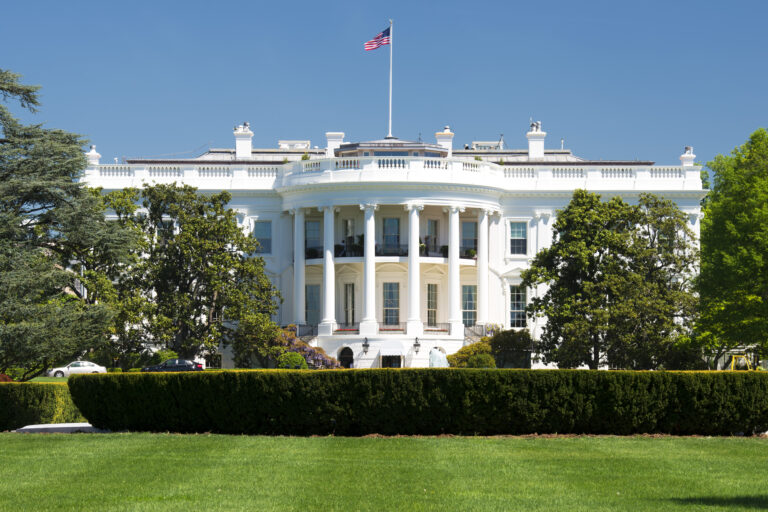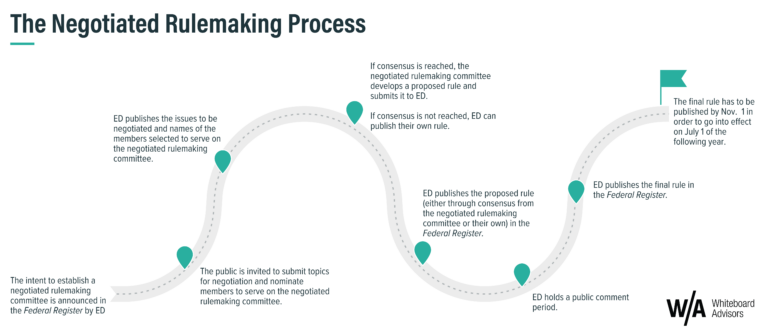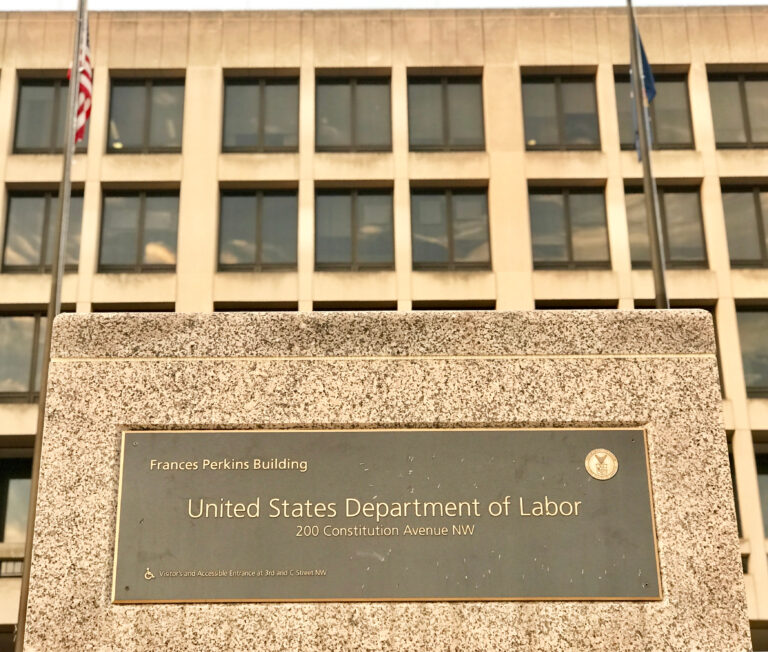Last week, Inside Higher Ed’s editors, Scott Jaschik and Doug Lederman, led a webinar on the “Responding to the COVID-19 Crisis: A Survey of College and University Presidents” results. Inside Higher Ed conducted a survey of 172 campus leaders as the coronavirus began to spread across the nation, leaving a wake of campus closures in its wake. Institutional leaders answered a set of questions focused on short-term and longer-term concerns, the actions they had taken in response to COVID-19, and the challenges they face, and areas where their institutions need operational support to handle the impact of the crisis.
Here are some key findings:
-
Student Health and Safety: Health and safety concerns were at the top of the list for short-term concerns for presidents. 92% said the mental health of students was the biggest immediate concern, whereas 88% said the mental health of employees was the biggest. Physical health took 5th and 6th place.
-
Institutional Finances: Financial stability was at the top of the list for longer-term concerns for colleges. Future student enrollment and the ability to afford to employ staff and faculty were second and third. Sixty percent of presidents said they need the most operational support in financial health and operational planning. When asked where they need the most operational support from the state and federal government, presidents cited a financial stimulus package to compensate for the financial losses.
-
Mental Health Resources: Even though presidents said the mental health of students and faculty is their top concern, only 18% said they had invested in additional mental or physical health resources. Given that many colleges acknowledge having inadequate counseling and other resources to deal with mental health issues at the best of times, this seems potentially at odds with their concerns about student and faculty mental health.
-
Remote Learning: The scramble to shift instruction to remote teaching and learning has been widely-covered as a major issue for colleges and universities. The biggest challenge that presidents identified involves maintaining student engagement. Slightly more than two-thirds of campus leaders (69%) said they viewed ensuring student access as a challenge, but a greater number, 81%, expressed concern about maintaining student engagement. During the discussion, Inside Higher Ed’s editors noted the importance of recognizing that there are differences between students, particularly in an online setting. For low-income students, the mobile phone is the device they’re most likely using to get online, and finding a quiet place to work and study can add an extra layer of complexity for all students. The survey findings also bear this out: 85% of 2-year institutions said ensuring student access will be the challenge associated with moving in-person classes online and 68% of 2-year institutions said having technology support available will be the challenge associated with moving in-person classes to online.



